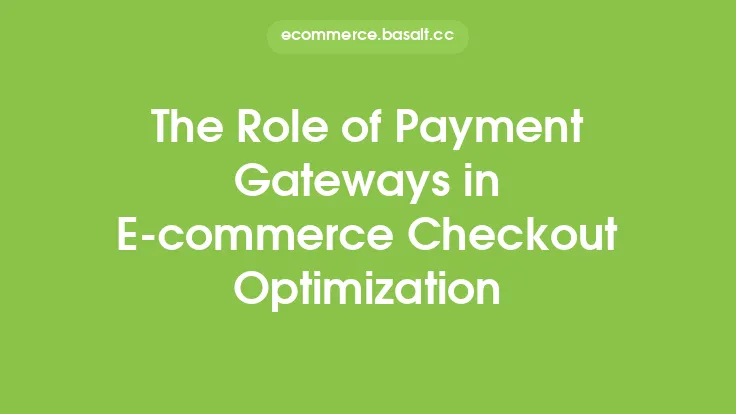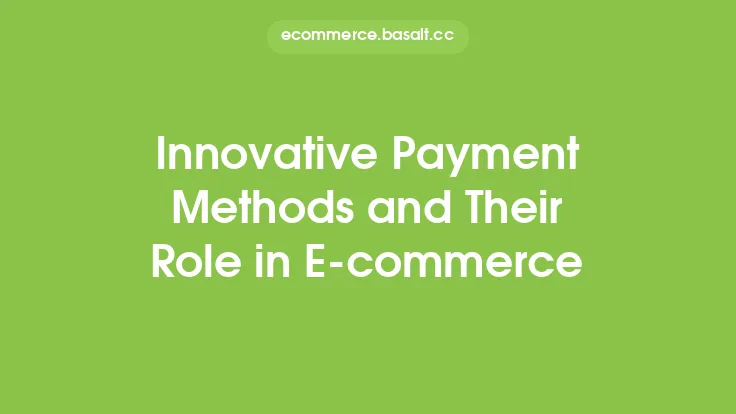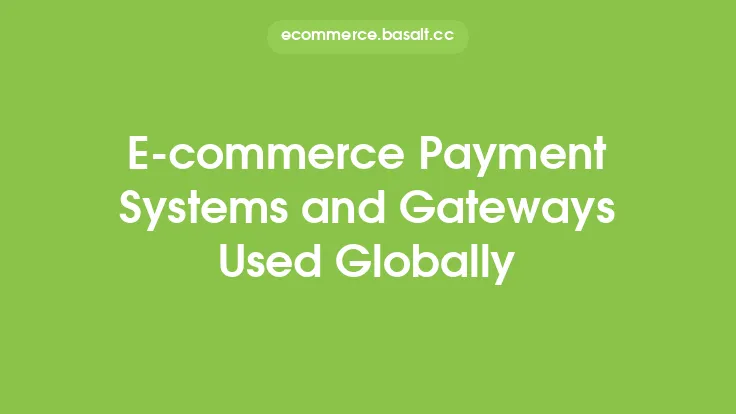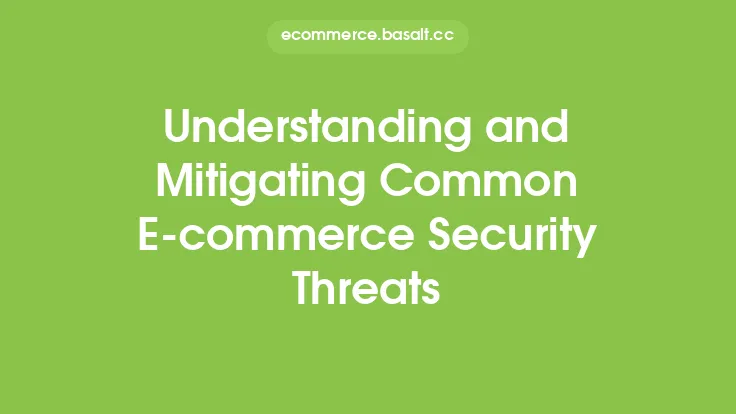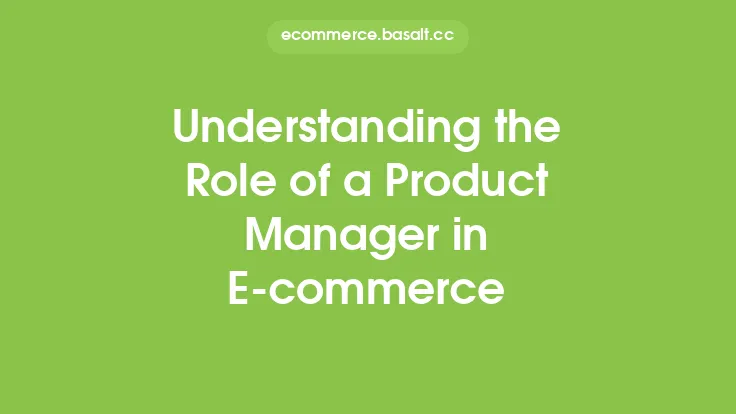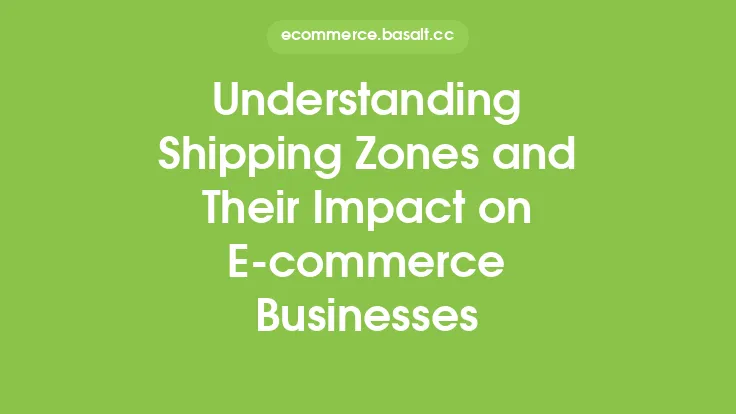The world of e-commerce has experienced tremendous growth over the past decade, with more and more businesses shifting their operations online. As a result, the need for secure, efficient, and reliable payment processing has become a top priority. At the heart of this process lies the payment gateway, a crucial component that enables online transactions to take place. In this article, we will delve into the world of payment gateways, exploring their role in e-commerce, how they work, and the key benefits they provide to online businesses.
What is a Payment Gateway?
A payment gateway is a technology platform that facilitates online transactions by connecting merchants, customers, and financial institutions. It acts as an intermediary between the merchant's website and the payment processor, enabling the secure transfer of sensitive payment information, such as credit card numbers and expiration dates. Payment gateways provide a secure and reliable way for customers to make payments online, using a variety of payment methods, including credit cards, debit cards, and alternative payment methods like PayPal.
How Do Payment Gateways Work?
The payment gateway process typically involves the following steps:
- The customer selects a product or service on the merchant's website and proceeds to checkout.
- The customer enters their payment information, such as credit card number, expiration date, and security code.
- The payment gateway encrypts the payment information and sends it to the payment processor.
- The payment processor verifies the payment information and checks for sufficient funds.
- If the payment is approved, the payment processor sends a response back to the payment gateway.
- The payment gateway then sends a confirmation to the merchant's website, indicating that the payment has been successful.
- The merchant's website updates the order status and sends a confirmation email to the customer.
Types of Payment Gateways
There are several types of payment gateways available, each with its own unique features and benefits. Some of the most common types of payment gateways include:
- Hosted payment gateways: These gateways redirect customers to a separate payment page, where they can enter their payment information.
- Non-hosted payment gateways: These gateways allow customers to enter their payment information directly on the merchant's website.
- API-based payment gateways: These gateways provide a set of APIs that allow merchants to integrate the payment gateway directly into their website.
- Platform-based payment gateways: These gateways are integrated into e-commerce platforms, such as Shopify or Magento, and provide a seamless payment experience for customers.
Benefits of Payment Gateways
Payment gateways provide a range of benefits to online businesses, including:
- Secure payment processing: Payment gateways provide a secure and reliable way for customers to make payments online, reducing the risk of fraud and chargebacks.
- Increased conversions: By providing a seamless and efficient payment experience, payment gateways can help increase conversions and reduce cart abandonment rates.
- Flexibility: Payment gateways support a range of payment methods, including credit cards, debit cards, and alternative payment methods.
- Scalability: Payment gateways can handle large volumes of transactions, making them ideal for businesses of all sizes.
- Compliance: Payment gateways are designed to meet the latest security and compliance standards, including PCI-DSS and GDPR.
Key Features of Payment Gateways
When selecting a payment gateway, there are several key features to consider, including:
- Security: Look for a payment gateway that provides robust security features, such as encryption and tokenization.
- Payment methods: Consider a payment gateway that supports a range of payment methods, including credit cards, debit cards, and alternative payment methods.
- Integration: Choose a payment gateway that provides easy integration with your e-commerce platform or website.
- Fees: Consider the fees associated with the payment gateway, including transaction fees and monthly fees.
- Customer support: Look for a payment gateway that provides excellent customer support, including phone, email, and live chat support.
Conclusion
In conclusion, payment gateways play a critical role in e-commerce, enabling online businesses to accept payments securely and efficiently. By understanding how payment gateways work, the types of payment gateways available, and the benefits they provide, online businesses can make informed decisions when selecting a payment gateway. Whether you're a small startup or a large enterprise, a payment gateway is an essential component of your e-commerce strategy, and can help you increase conversions, reduce cart abandonment rates, and provide a seamless payment experience for your customers.
